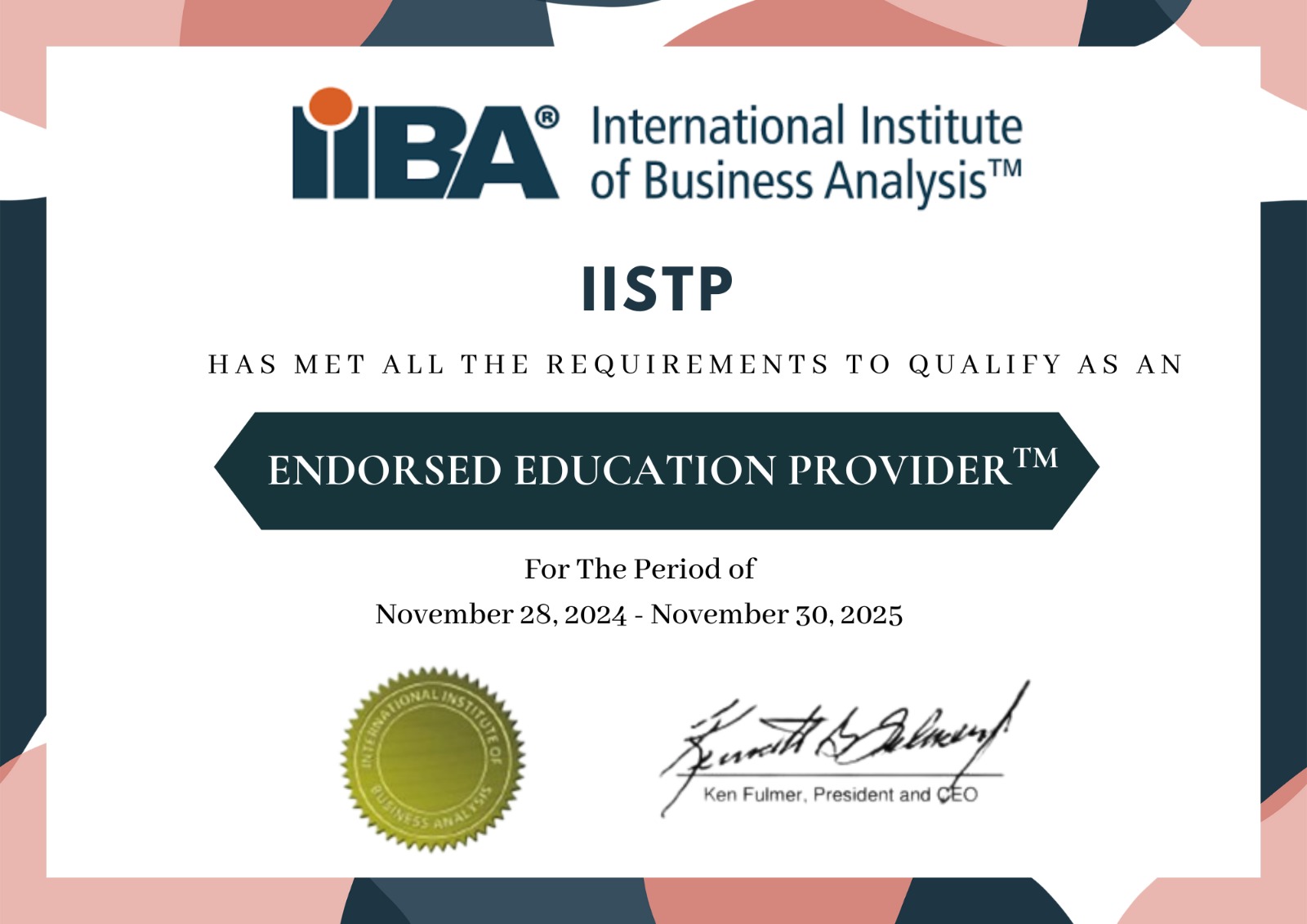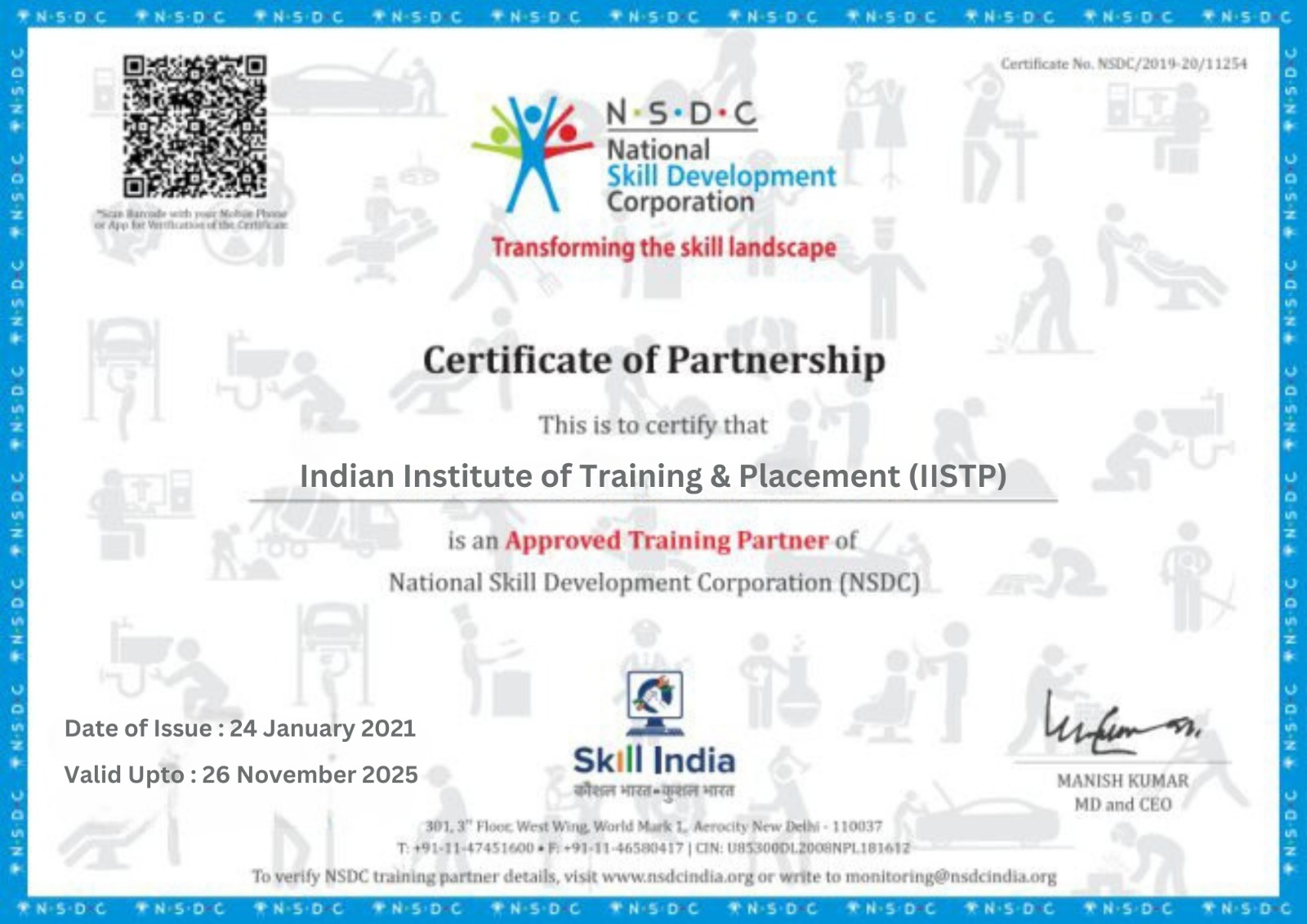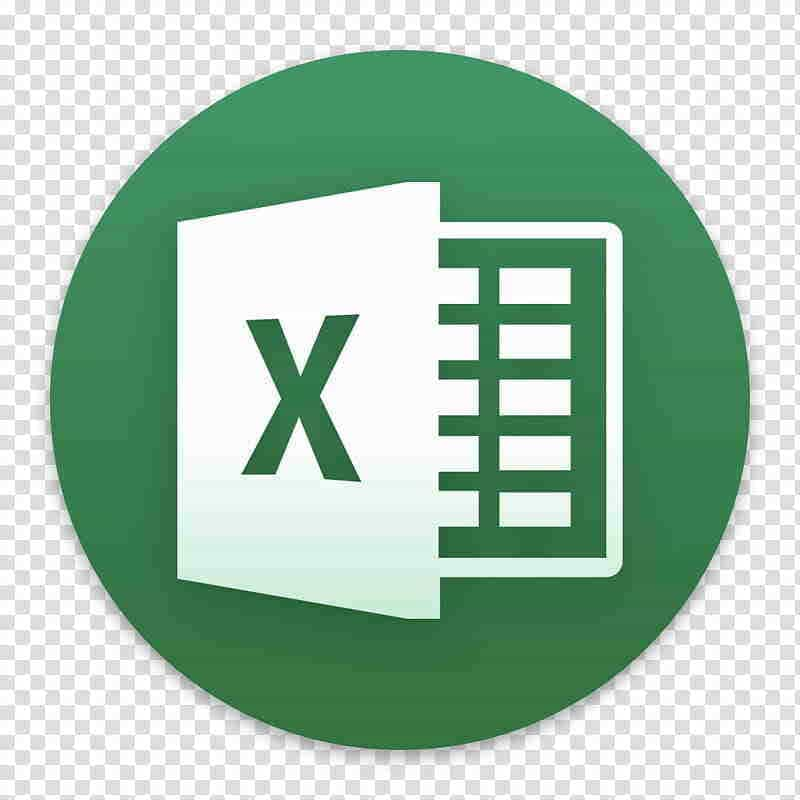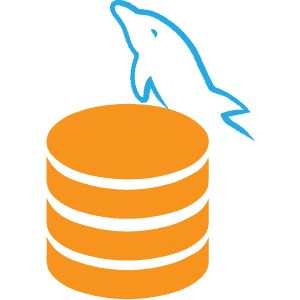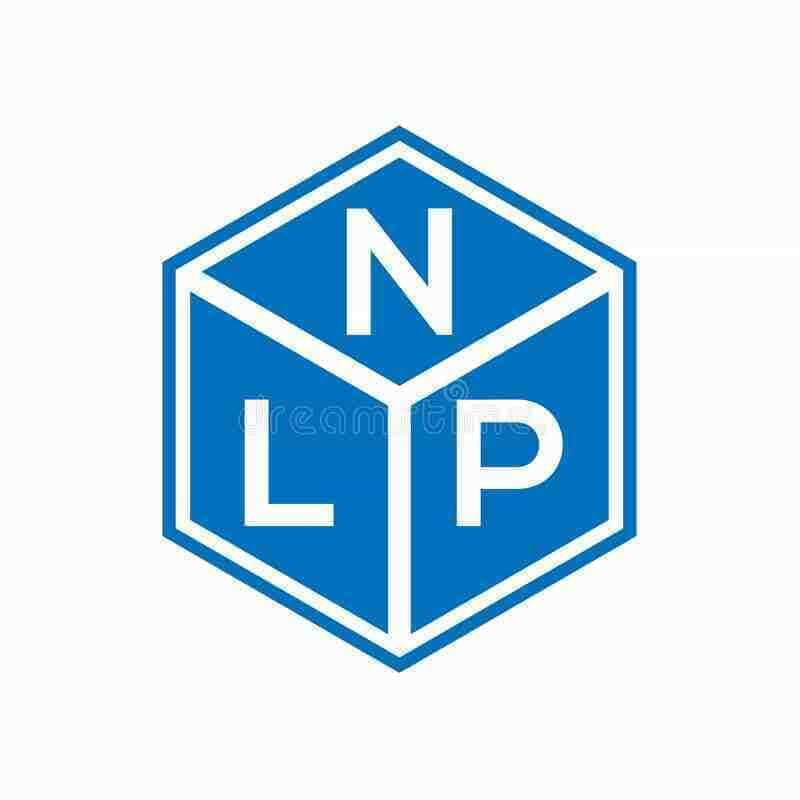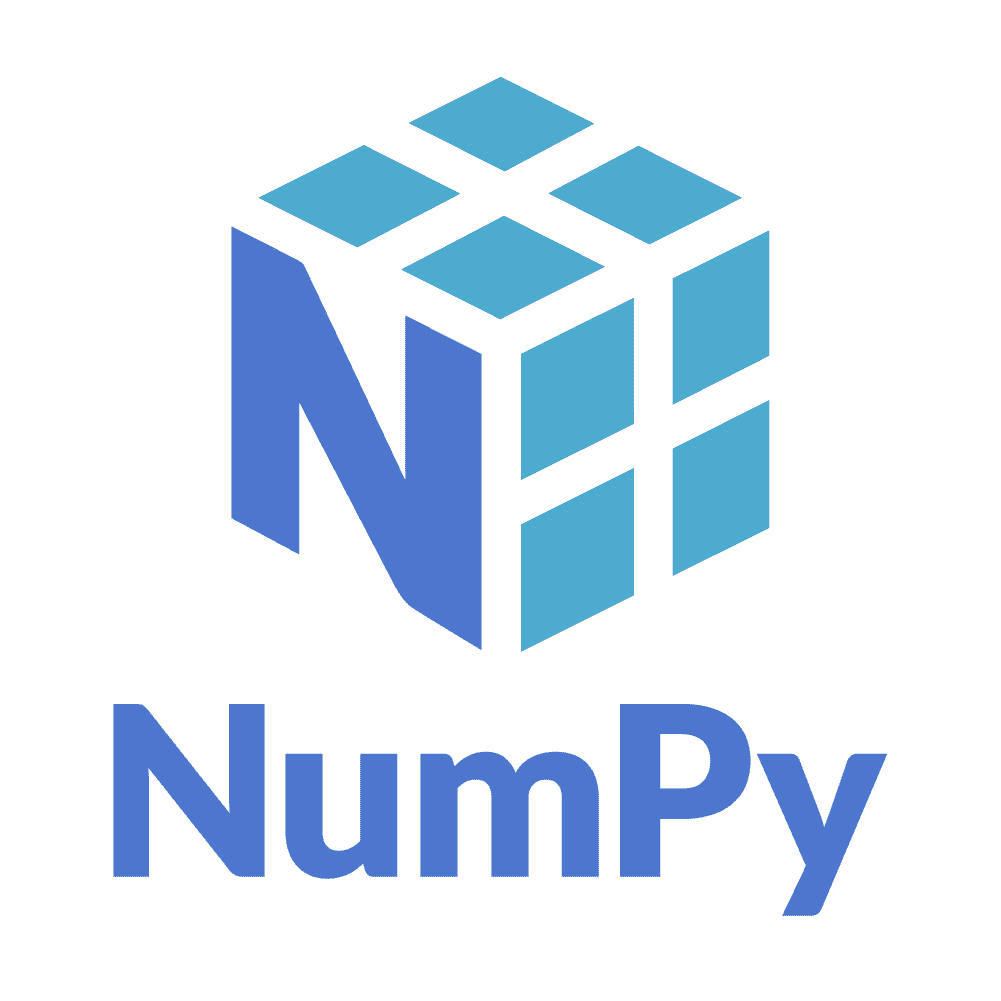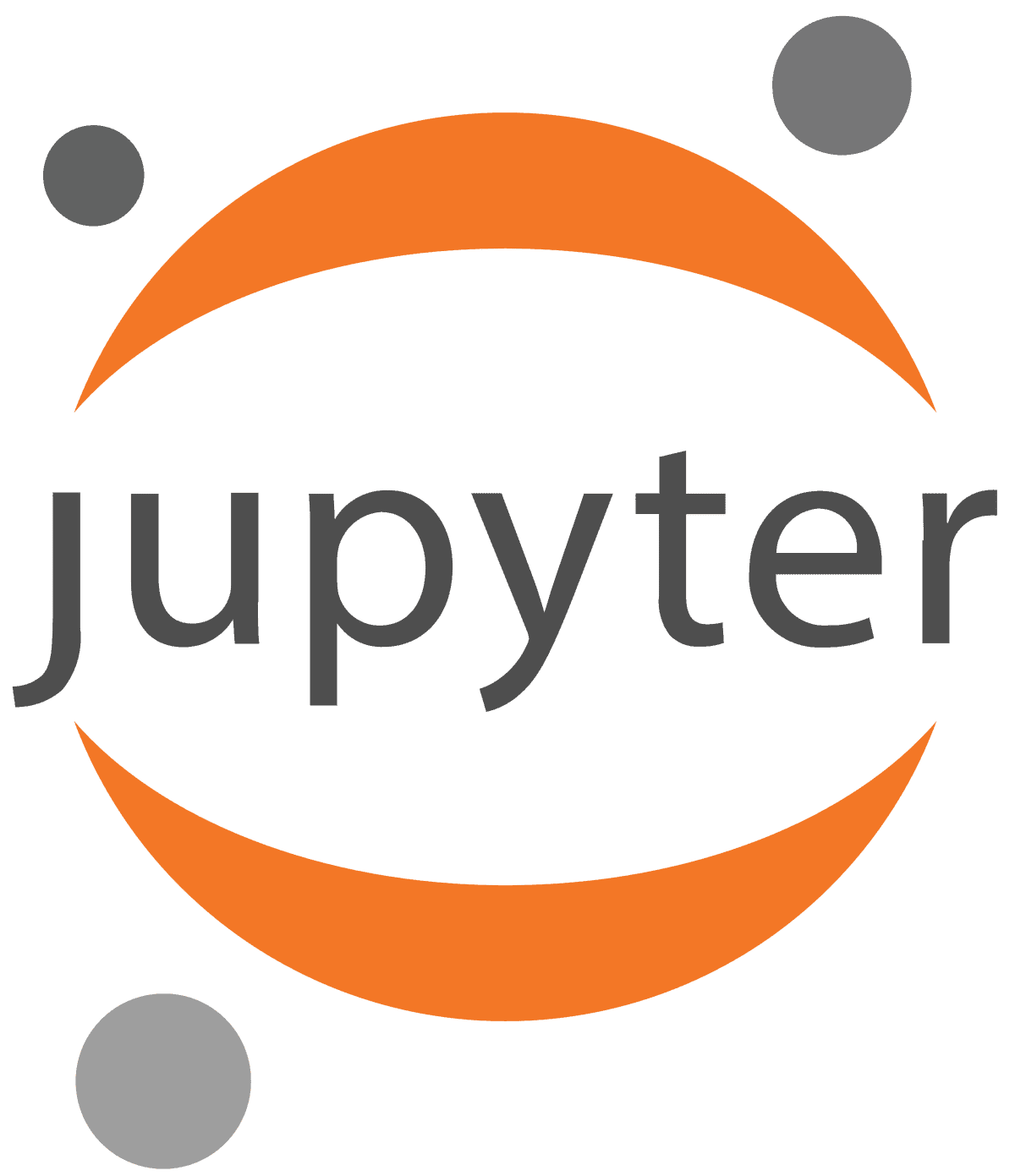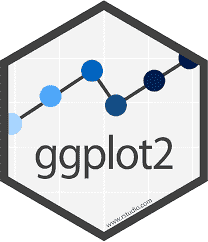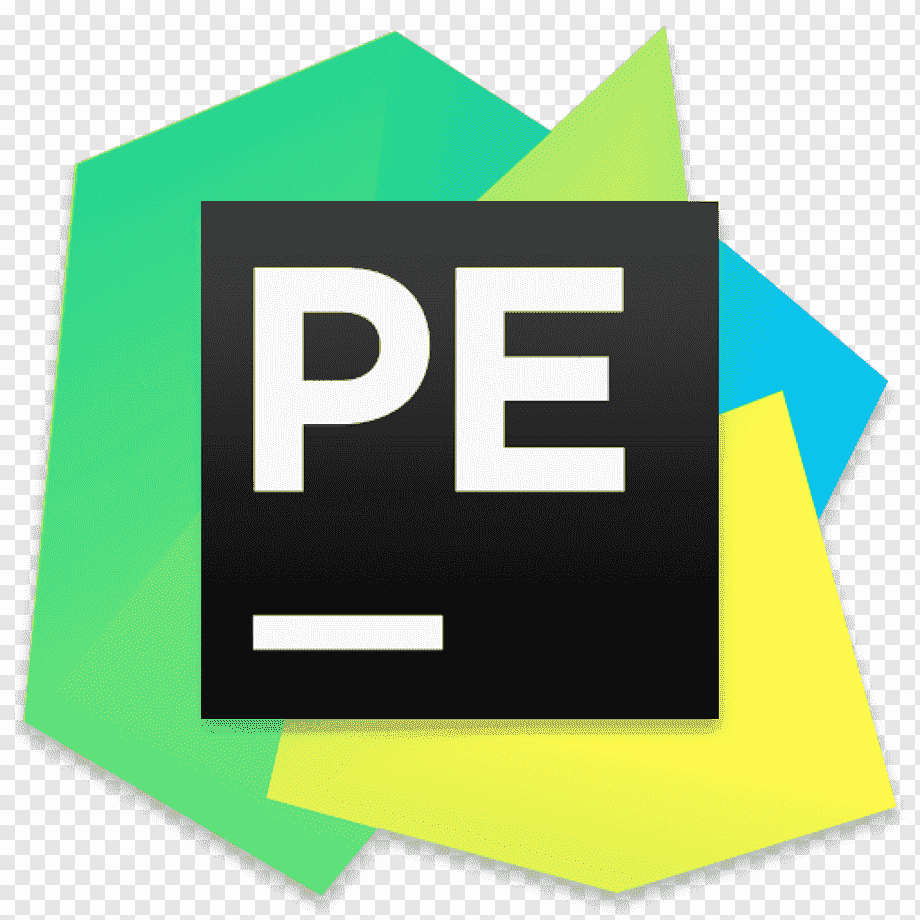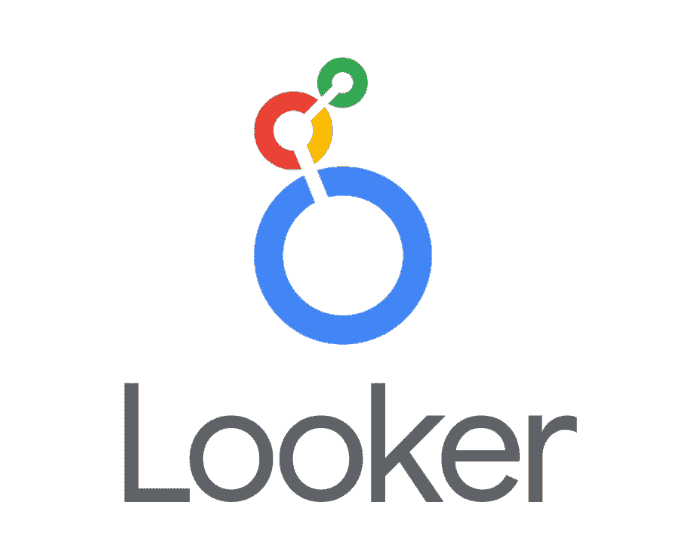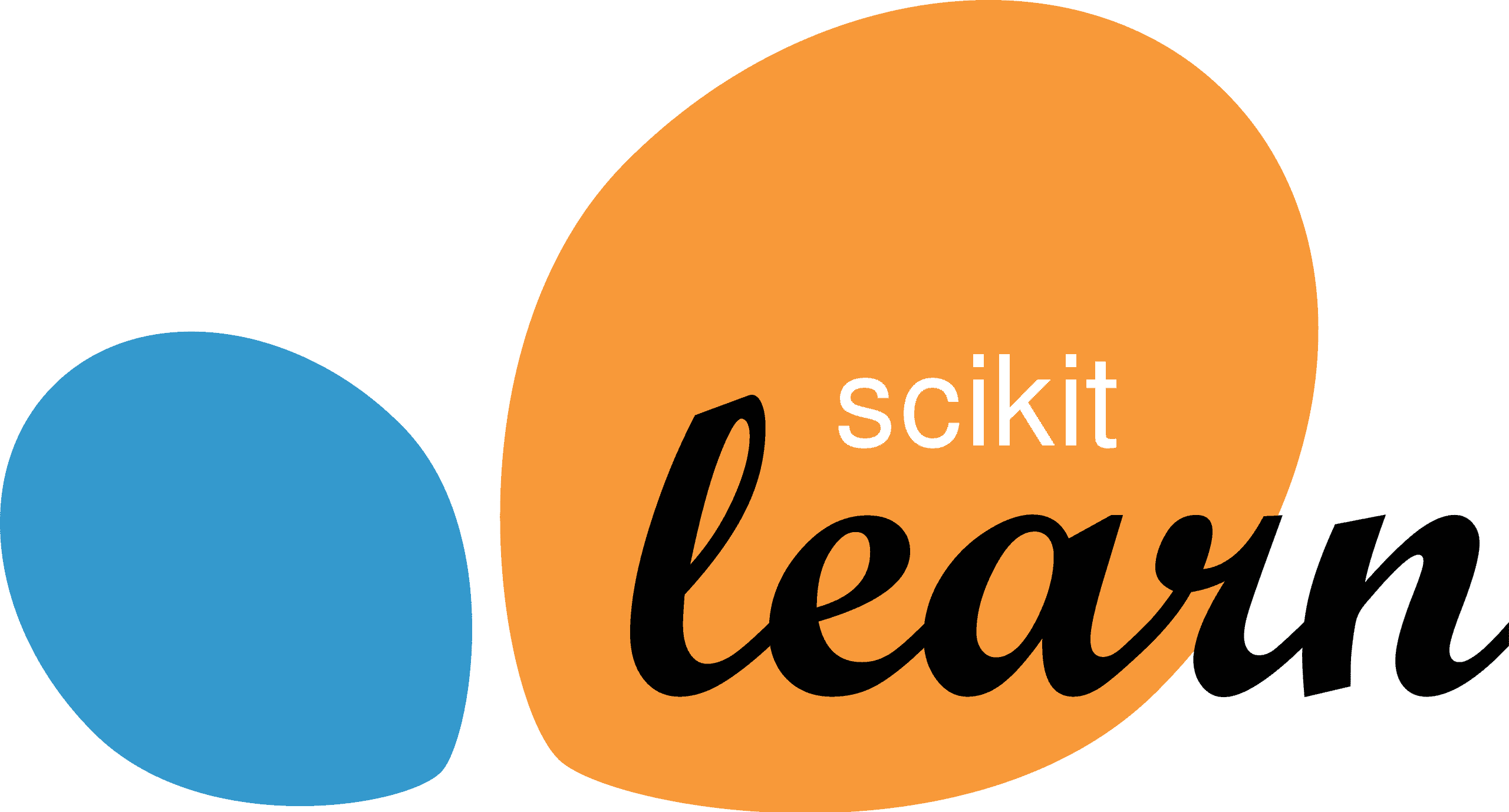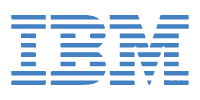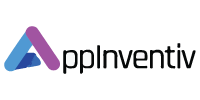Choosing the right specialization for your Data Analytics Course in Noida is essential to carving a successful career in this dynamic and in-demand field. With multiple pathways and industry-specific requirements, making an informed choice will help align your learning journey with your professional goals. Below are some key points to guide you in selecting the best specialization for your needs:
1. Understand the Scope of Data Analytics Specializations
The field of data analytics offers a variety of specializations, each catering to unique skill sets and career paths. Some popular options include:
- Business Analytics: Ideal for professionals aiming to leverage data to drive strategic decisions in business environments.
- Predictive Analytics: Focused on forecasting trends and outcomes using statistical models and machine learning techniques.
- Marketing Analytics: Perfect for individuals interested in consumer behavior and targeted marketing strategies.
- Healthcare Analytics: Concentrates on improving healthcare services through data-driven insights and efficiency optimization.
- Financial Analytics: Involves analyzing financial data to help businesses make informed fiscal decisions.
Research these specializations thoroughly to understand their scope, tools used, and industry relevance.
2. Align with Your Career Goals
Define your career aspirations to narrow down the most suitable specialization:
- Interested in solving business challenges? Choose Business Analytics.
- Want to work in marketing teams or agencies? Opt for Marketing Analytics.
- Passionate about data in the financial or healthcare sectors? Explore Financial or Healthcare Analytics.
- Keen on technical roles like Predictive Analyst or Data Modeler? Predictive Analytics might be your best fit.
Your career goals will serve as a compass in selecting the right specialization.
3. Evaluate Your Skills and Interests
Your skills and interests should match the specialization you choose:
- Enjoy problem-solving and strategic thinking? Business Analytics is a great option.
- Comfortable with coding and algorithms? Predictive Analytics might suit you.
- Excel at statistical analysis and reporting? Marketing or Financial Analytics could be the right choice.
Take a moment to assess your current skill set and passion for different aspects of data analytics.
4. Review the Curriculum Offered by Data Analytics Institutes in Noida
Ensure the curriculum of your chosen Data Analytics Institute in Noida includes:
- A balanced mix of foundational and advanced topics.
- Hands-on training with real-world projects and case studies.
- Exposure to industry-standard tools like Python, R, Tableau, SQL, and Power BI.
- Support for certifications such as Microsoft Data Analyst, Google Data Analytics, or Tableau Certified Data Analyst.
Practical experience and industry-relevant content are critical for success.
5. Stay Updated with Market Trends
Data analytics is rapidly evolving with emerging specializations and tools. Look for a course that covers:
- Advanced techniques like Machine Learning in Analytics or NLP.
- Tools and platforms for Big Data and Cloud Analytics.
- The latest trends in AI-driven analytics.
Choose a specialization that prepares you for the future demands of the job market.
6. Seek Expert Guidance
Consult with industry professionals, alumni from leading Data Analytics Institutes in Noida, and career counselors. Their advice can provide clarity and help you identify the right specialization.
7. Prioritize Accreditation and Certification
A recognized certification from a reputed Data Analytics Institute in Noida significantly enhances your employability and professional credibility. Verify the course’s accreditation and its acceptance in the job market before enrolling.
Final Thoughts
Selecting the right specialization is a pivotal step in your data analytics journey. By aligning your interests, skills, and career goals with market demands, you can position yourself for long-term success.
If you’re ready to embark on an exciting career in data analytics, explore our Data Analytics Courses in Noida today. With industry-recognized certifications, expert mentorship, and hands-on training, we provide everything you need to thrive in this competitive field. Let us help you take the first step toward achieving your career aspirations!

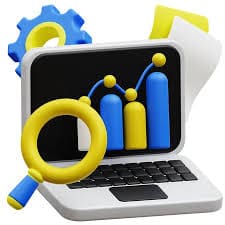

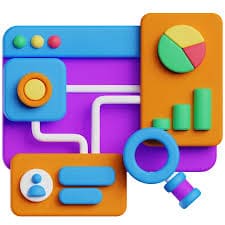
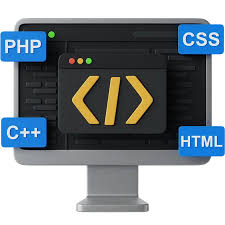




 Live classes by experienced Data Analytics professionals:
Learn directly from industry experts who bring real-world insights into the classroom.
Live classes by experienced Data Analytics professionals:
Learn directly from industry experts who bring real-world insights into the classroom.
 Hands-on training with real-world datasets:
Gain practical experience by working on projects that simulate real industry challenges.
Hands-on training with real-world datasets:
Gain practical experience by working on projects that simulate real industry challenges.
 Industry-relevant curriculum:
Covering Python, R, Machine Learning, SQL, and more to match the latest industry trends and
technologies.
Industry-relevant curriculum:
Covering Python, R, Machine Learning, SQL, and more to match the latest industry trends and
technologies.
 Career counseling and interview preparation sessions:
Get personalized guidance to secure your dream job in Data Analytics .
Career counseling and interview preparation sessions:
Get personalized guidance to secure your dream job in Data Analytics .
 Access to an extensive alumni network for mentorship:
Connect with successful alumni to gain mentorship and expand your professional network.
Access to an extensive alumni network for mentorship:
Connect with successful alumni to gain mentorship and expand your professional network.
 Flexible learning options:
Online and classroom sessions in Noida to suit your schedule and preferences.
Flexible learning options:
Online and classroom sessions in Noida to suit your schedule and preferences.

.png?w=70&dpr=2)

